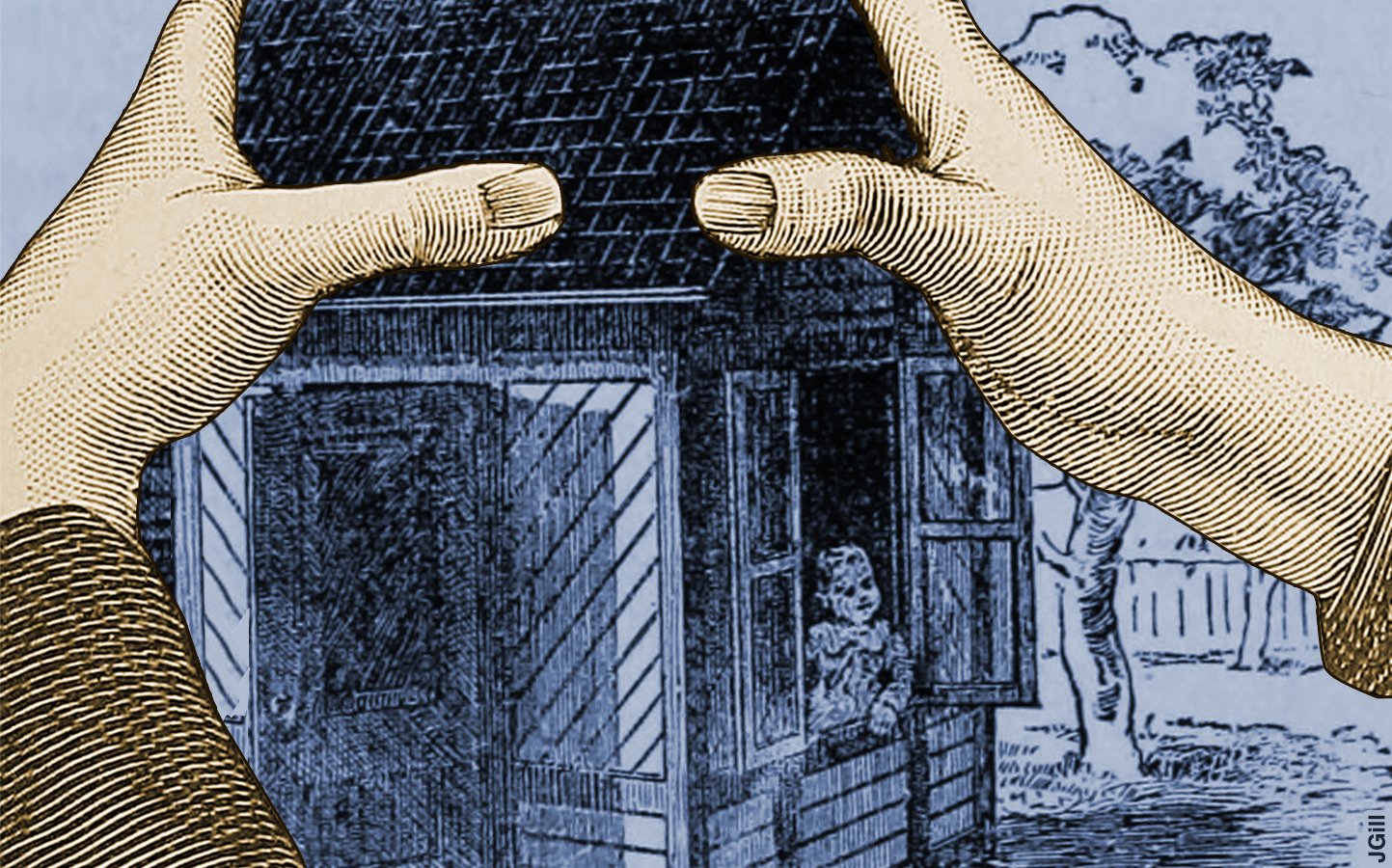Looking for a new doctor, a colleague of mine called his friend’s primary care clinic, and was told, “We are taking all patients except pain management cases.”
He was thankful his health issues were not pain-related.
After reading Leslie Kendall Dye’s Salon piece, “But what if I actually need my painkillers?” you will easily understand: America doesn’t make it easy for those who must fight constant pain.
Ms. Dye’s story is harrowing. Her chronic pain, the residue of a ballet injury, makes her personal, day-to-day experience not primarily about economizing pleasures, but economizing pains.
So she takes Tramadol. Regularly. Even with the drug, her agony too often returns. What she tries to do is carry on with as little relief as possible while living an active, normal life, always risking excruciating pain levels.
And she’s constantly harassed and inconvenienced and probed and lectured. “Each time I take my painkiller prescription to a pharmacy, I can’t help feeling suspected of a crime.”
She’s not paranoid.
The government is out to get her. And her doctors.
All to “save” the lives of people who “abuse” the drugs.
I read about cases of lost souls, overdoses, suicides, black market pills, portions of towns laid waste by narcotic abuse, and I worry. I worry for the addicts, but I also worry for those of us who would not be able to carry on without responsible pain management.
She admits to feeling “conflicted” about this.
My prescription? Feel less conflicted. Were today’s standard individual responsibility, not societal responsibility, responsible patients would suffer less.
This is Common Sense. I’m Paul Jacob.


